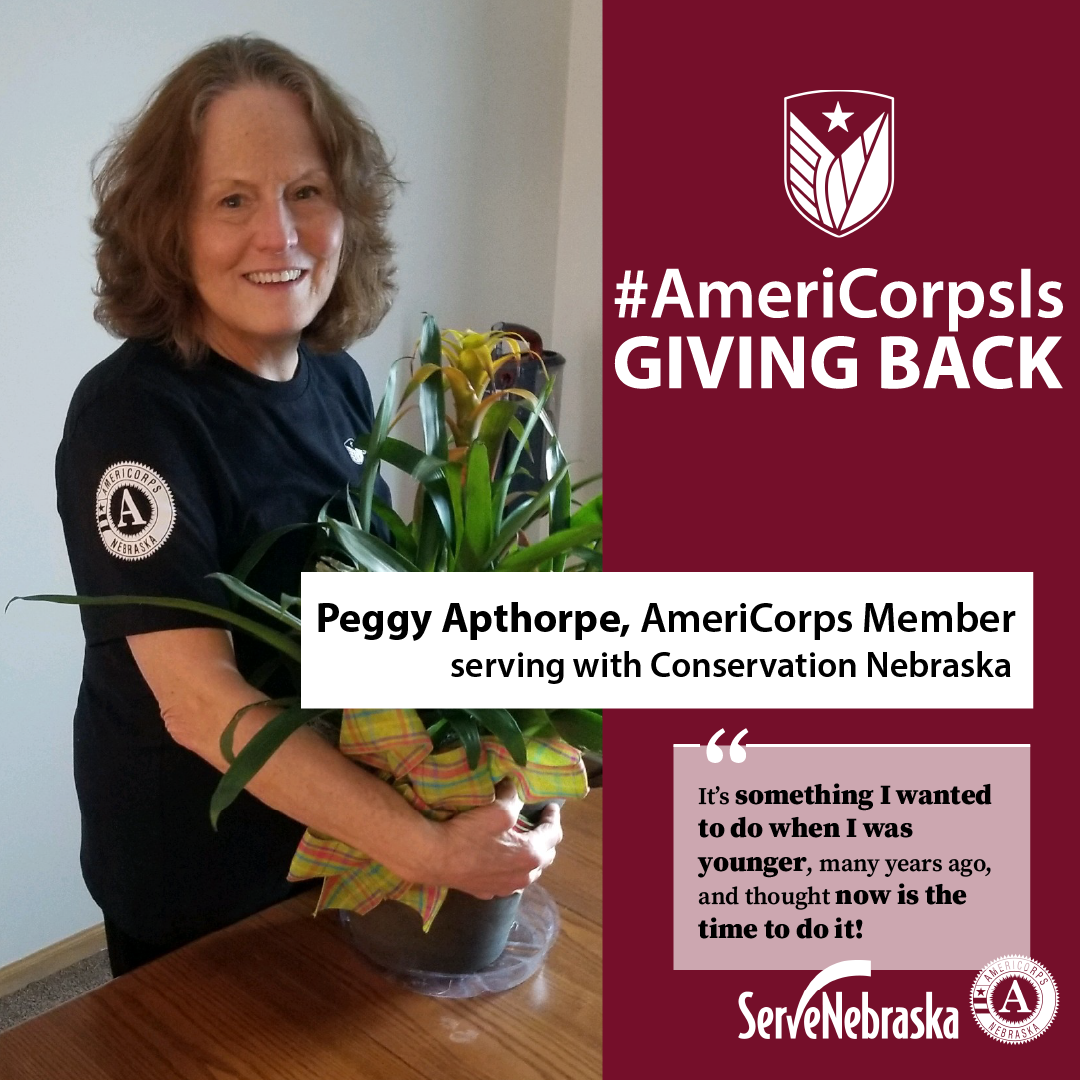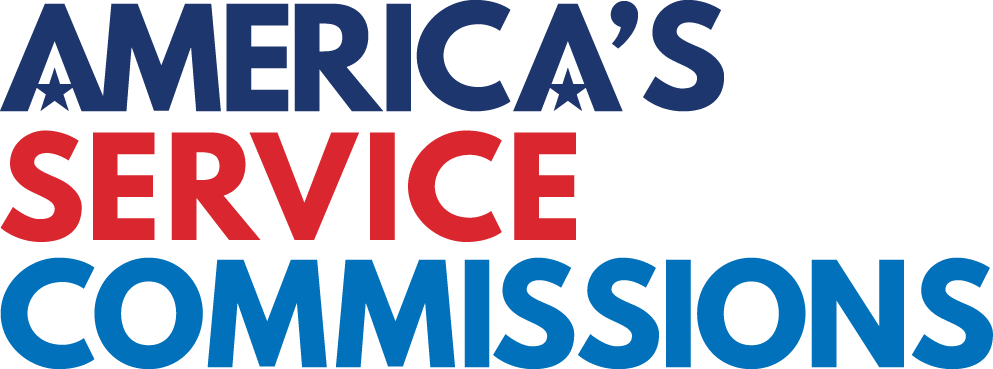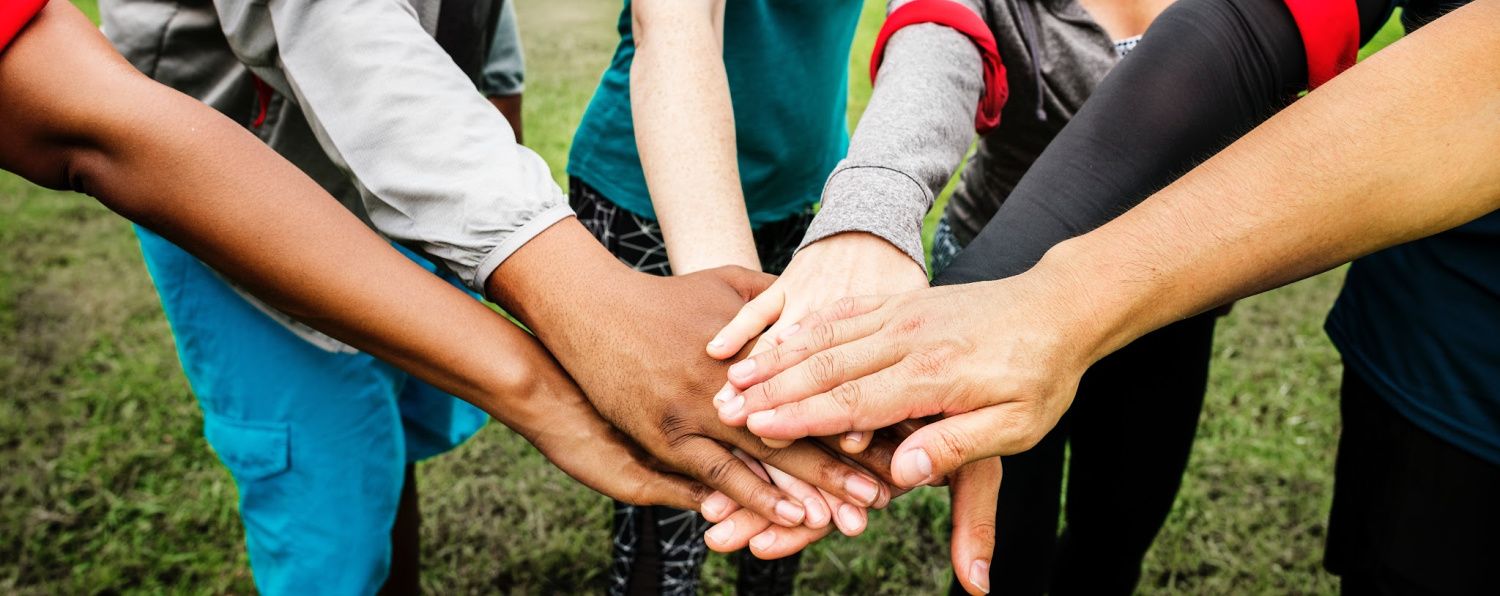
Peggy recently retired from a long career and is now fulfilling her dream to do something that she feels is worthwhile, serving as an AmeriCorps member with Conservation Nebraska! When she was young she applied for Peace Corps and VISTA but was told she was too young. By the time she was old enough, her life was too full.
She took the chance after retirement to do something that she always wanted to do, serve the community! She’s currently developing a program on Aging in the Age of Climate Change and is interested in generational views on conservation issues.
ServeNebraska: In one or two words, what is AmeriCorps to you?
Peggy Apthorpe: It’s giving back to the community and an opportunity to learn.
SN: How did you hear about AmeriCorps?
PA: I think I’ve known about it for a long time. I knew there was a national movement that sort of evolved into AmeriCorps as far as I understand, and then I had AmeriCorps members serving with me when I worked at Aging Partners. We had Foster Grandparents and Senior Companions [AmeriCorps Seniors programs] there as well. So I feel like I’ve known about it for many years.
SN: What ultimately made you decide to join AmeriCorps?
PA: It’s something I wanted to do when I was younger, many years ago, and thought now is the time to do it. I felt like it gives me the opportunity [to give back], as I mentioned earlier, and is a learning opportunity and I can give back to the community.
SN: What have you learned as an AmeriCorps member with Conservation Nebraska?
PA: I have learned a lot about conservation, environmental health, and climate change. Because in preparation for going out and talking with people about these issues, I have to research and study. So I’ve really learned a lot about the issues that Conservation Nebraska deals with. Also, I learned about the generational difference in how we view it [climate issues].
SN: In your opinion, who benefits most from AmeriCorps programs?
PA: I think the AmeriCorps members, the agencies they serve with, and the community at large. I think they all benefit because the AmeriCorps members really bring unique talents and perspectives to the agencies. When I was a supervisor for an AmeriCorps member, our agency benefitted a lot from what they brought to us. New knowledge and new experiences.
SN: How has your experience as an AmeriCorps supervisor impacted your experience as an AmeriCorps member?
PA: You know, I hope that I understand the challenges that my supervisor now faces, but these are really challenging times. I didn’t have to deal with the pandemic and the people serving were right there with me. We could all go out and do things. It’s got to be really hard for AmeriCorps supervisors [program leaders] right now because of the way things are. I hope that I can understand that, I don’t know that I always do, I’m sure I pester. [laughs]
SN: Conservation Nebraska AmeriCorps members are often based in a central location and then branch out to serve the surrounding communities, which communities has your service impacted?
PA: So there is a group serving southeast Nebraska and then within that, I am part of team three. Team three serves Lincoln, Seward, and Butler County. I’ve done a lot in Seward and Butler County before, but now not much is open. I have been doing some things with health departments and getting information out to various district departments. I love the rural communities and when things open up, I’ll go out to all of them if I can!
SN: What is your favorite part of serving as an AmeriCorps member?
PA: I like the concept of bringing health and aging together. I really want to bring older adults into the conversation about climate change, sometimes the words [climate change] turn people off, but I just want to bring them into the conversation because they have a lot to give.
SN: Do you have a favorite memory of your service?
PA: Well, I’m pretty excited that we were able to get Dr. David Corbin, who is really a well-known professional in the areas of public health and gerontology, to do a virtual workshop. I feel there’s a lot of community interest and support when we present it in the right way.
SN: How has the COVID pandemic affected your service?
PA: I can’t go out and talk with people or meet with the other AmeriCorps members or do surveys or educational programs or other kinds of events in person so, we’ve adapted. I didn’t really know anything about zoom, I’d don’t webinars and so forth, but didn’t do zoom stuff until COVID. I’ve tried to spend a lot of time on program development in preparation for that wonderful day when everything opens up again. I have three virtual programs planned, but I hope that we can do stuff in person soon.
SN: How has AmeriCorps service affected your plans for the future?
PA: I’m thinking that maybe I’d like to do another year so that I could go out and do stuff. Otherwise, I’m not exactly sure about my plans, but I do want to keep busy, I know that.
SN: Can you talk about some of the benefits that AmeriCorps has for those who don’t necessarily fall into the stereotypical AmeriCorps demographic?
PA: I really think that older adults have a lot to give back to the community because of their experience. It also could be a great experience for them too to continue learning new things, contribute to the community, and keep busy. It’s important to keep active. That was the whole thing that I did before, health promotion for older adults, you’ve got to keep your mind and your body active. So I think it should be a win-win, both for AmeriCorps and for the older adult.
SN: What would you say to someone who is considering AmeriCorps service?
PA: I would say that there are a lot of wonderful opportunities that they could have and I would encourage them to check it out! There’s a lot of different options, especially as things are opening up.


